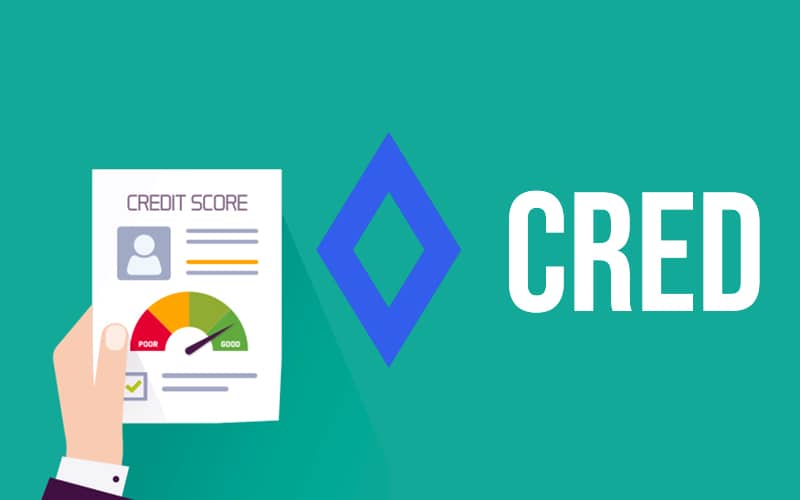In a recent report, Cred Protocol just disclosed its first credit scores for decentralized finance users. The protocol is a decentralized credit scoring startup based on the Aave Protocol.
Cred Protocol is headquartered in San Francisco and runs with a team of 9 personnel. The firm operates with part of the goal of making decentralized technology more accessible to over a billion people. Also, it has branches in both London and New York.
Related Reading | NFT Marketplaces Thrives As DeFi Protocols Suffer
In a Twitter thread, Julian Gay, the CEO of Cred Protocol, listed the modalities of the protocol’s operation. He stated how the firm used past transactions on the Aave protocol to assess customers. In addition, Cred focused on on-chain trends within the decentralized finance sector to measure future borrowers’ credit worthiness.
1/ Over the last few months, we've been working to build one of the first credit scores for DeFi.
Today, we're excited to share the results of our first credit score with the world!
Read more below
— Julian Gay (@juliangay) July 14, 2022
Cred Protocol strives to bring DeFi closer to more people globally through its operations. It focuses on presenting trustworthy credit scores. With its transparent approach, more people could easily access loans through their internet connection and credit-worthy reputation.

The protocol carries out an assessment of attributes in a time-based account with the use of machine learning. It could then quickly analyze the past transaction behavior of users.
This process enables Cred Protocol to generate scores on health factors through which is possible to ascertain the liquidation stance of addresses. The CEO of Cred Protocol maintained this assessment process is quite outstanding in predicting the credit worthiness of a user’s address.
Chris Blec, a notable DeFi researcher, noted the possibility of a borrower using several Ethereum addresses to boost his credit scores.
So it's just a credit score for that 1 Ethereum address? What if someone uses 10 different addresses?
— Chris Blec (@ChrisBlec) July 15, 2022
However, according to Gay’s response, the Beta version is likely to bring a solution to using multiple addresses.

Decentralized finance eases the running of financial services through a peer-to-peer system. This method usually eliminates the notion of involving any central authority or intermediary. But initially, lenders and borrowers get their loan worthiness assessment from any central authority like a credit bureau.
Cred To Expand To Other Decentralized Lending Protocols
Done with the release of its first credit scores, Cred is expanding its plans beyond Aave protocol. It wants to reach other DeFi lending protocols such as MakerDAO and Compound in its data analysis.
Cred Protocol won’t be the first to spread its credit assessment services. RochFi labs, a P2P lending protocol, in collaboration with GoldenTree, (an asset management company), recently raised $2.7 million in seed funding.
Its funds target the expansion of DeFI on-chain credit ratings. Teller, another lending protocol, carried out a similar action two years ago by raising $1 million. Its aim is credit scoring within decentralized finance.
Related Reading | Layer One Blockchain Startup 5ire Raised $100 Million, Joins Unicorn Club
Also, Credit DeFi Alliance (CreDA), in Nov 2021, launched a credit rating service running on several blockchains to assess a user’s creditworthiness. With the assistance of artificial intelligence (AI), CreDA uses CreDA Oracle to complete its evaluation of users’ past transaction history.
Featured image from Shutterstock, chart from TradingView.com













